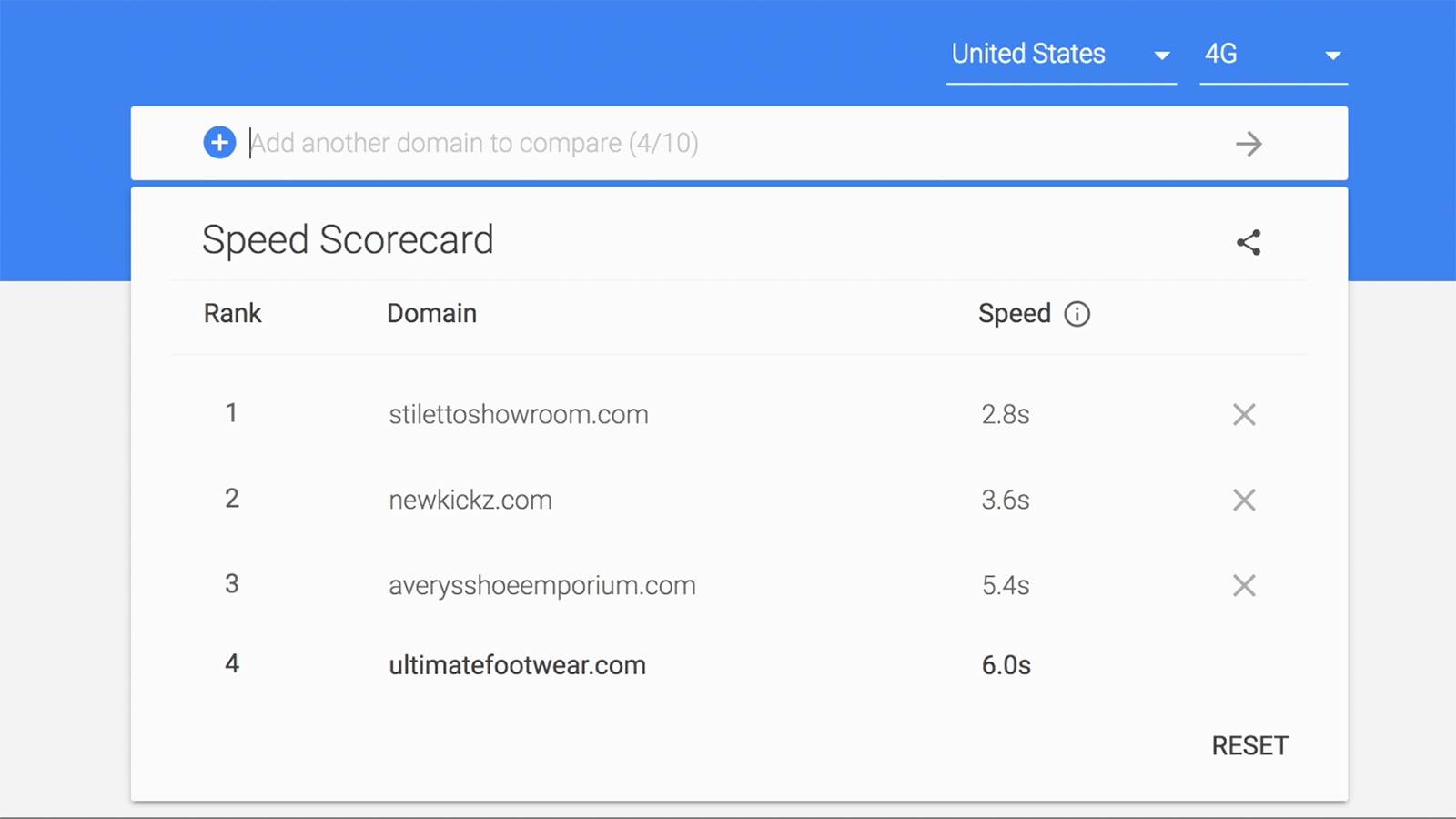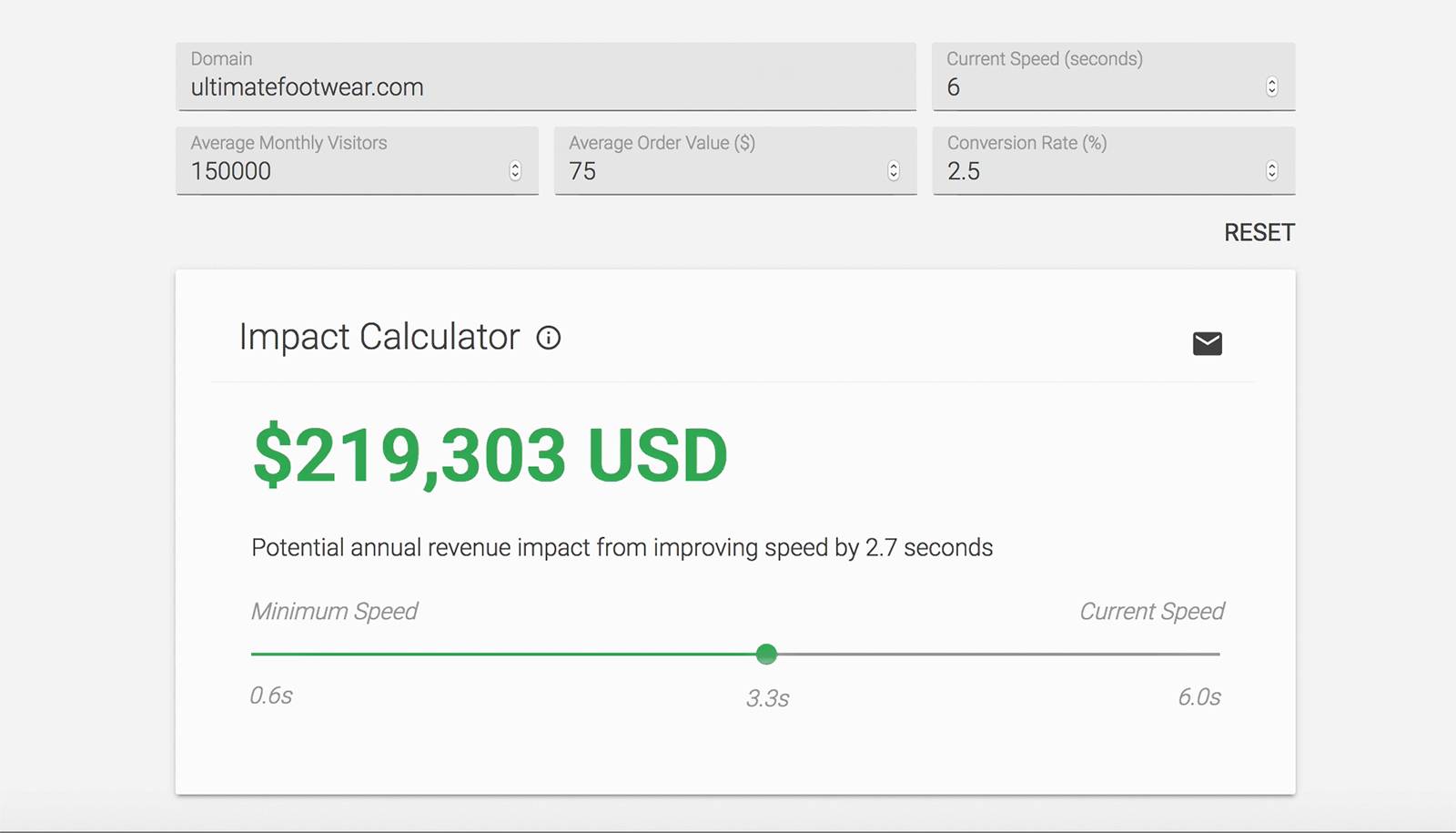
We can’t think of anything more American than being able to order McDonald’s from your phone straight to your door so you don’t have to stop watching reruns of The Office.
That’s a joke.
We’re kidding.
Putting that awful introduction aside, it’s amazing that someone is able to actually do so much straight from their phone in 2018. More and more people are downloading and using apps like SkipTheDishes than ever, making it easy to get your favourite foods delivered without having to spend the time or money driving there to get it yourself.
Of course, it’s not just about getting food delivered. People are interested in making all aspects of their lives as simple as possible, and they turn to their mobile devices to do just that. People look to their phones to help them make decisions, learn something new, find store hours, phones numbers, directions, read reviews, and more. Knowing this, do you still think it’s okay to leave your mobile website unoptimized for mobile devices?
Some businesses have apps, and that’s great. But today we’ll be giving tips on how to make your mobile web experience more appealing to your users.
First of all, make sure its fast
Google says that just a one second delay in mobile speeds can affect your mobile conversions by up to 20%. In most cases, shaving this second off is easier said than done. But there are methods to check your mobile speed and act upon it.
You can use the Speed Scorecard from Google to compare your own mobile site speed with other brands like yours.

After you have your speed, you can input your speed score on the Impact Calculator, which shows you how much money your business would make on average if you’ve increased the speed of your site by a certain amount.

You may also want to consider making your mobile sites Accelerated Mobile Page (AMP) friendly. If your integrate AMP practices in your mobile site, Google can offer to serve your site from its Google AMP Cache, which is the fastest possible loading time it can get 👌🏽.
Here’s a few other tips you can use to make sure it loads faster too:
If you’re actually interested in this, the links above from Google are your best bet to understanding what you can do to make your site speed top notch.
So we know speed is something that’s pretty important, is there anything else?
Make sure it’s responsive
By this, we mean that it’s important to incorporate designs that are specifically tailored to mobile devices. Even if you don’t create your own websites, you should make sure your webmaster is abiding by the following rules:
- Only show what is essential on the page.
- Make sure your content is readable on small screens * (so important).
- Keep text short and to the point. Use bullet form whenever you can.
- If you can’t use point form, break up your text into smaller chunks.
- Use white space wisely.
The trick is to design your website (both desktop and mobile) as if you were your own customer. Which landing page would you like to be taken to? Is there too much text? Is the buying process too complicated? There’s not a lot of real estate to work with on mobile, so make it count.
Test It
After you think you’re satisfied with your mobile site, TEST THE 💩OUT OF IT. Every page, no exception. Click every link, press every button, try out the buying process, make sure every picture loads properly.
As we all know as marketers and salespeople of our products and services, you have to take the customer through a journey to make a meaningful connection with them that will create a lasting impression to create customer loyalty.
If you have any questions about mobile sites and how to make them great again, just give us or Donald Trump a call. That guy knows everything.
Subscribe to our news
Bye Bye AdWords
